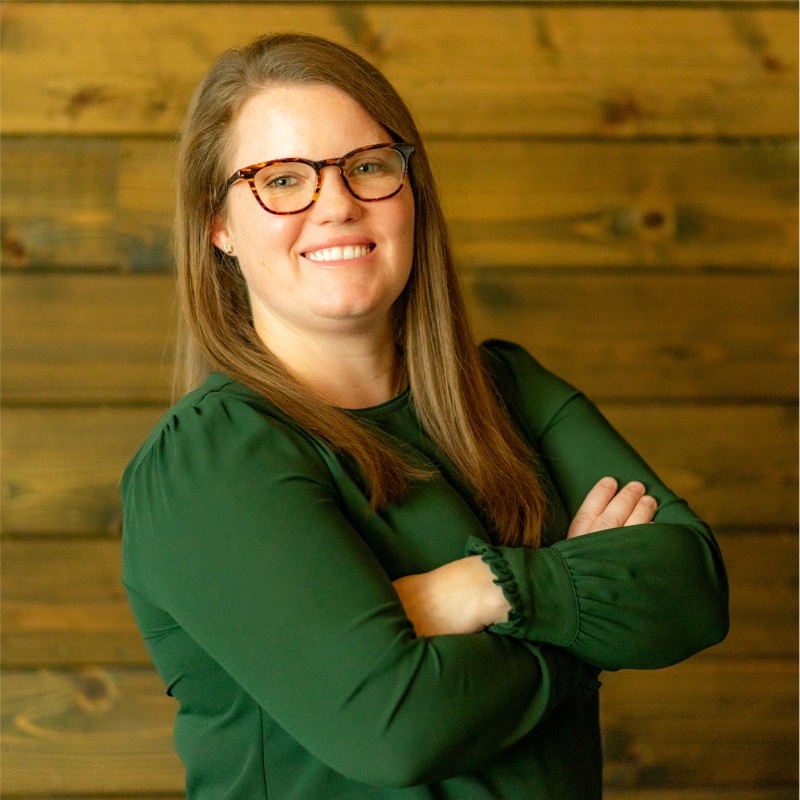60 mins
3 Activities
Grade 9-12
Low threshold, high ceiling
Common Core Standards

Lesson approved by Christa Camp
You'll need
5 min
When students enter the classroom or sign into class online, project the slide that displays the following quotes, and question. You can also use a collaborative tool like Padlet and post the question there.
“Plans are worthless, but planning is essential.” — Dwight D. Eisenhower
“Just because you made a good plan, doesn’t mean that’s what’s gonna happen.” ― Taylor Swift
“You don’t have to see the whole staircase, just take the first step.” ― Martin Luther King Jr.
Do any of these quotes resonate with you? Which one(s) and why? What do you think they have to do with your future career? Take five minutes to write down what you would say.
5-10 min
Invite students to share out. If you use Padlet, give students the opportunity to read each other’s responses before they share. If you’re teaching in person, you can cold call or ask for volunteers. Online, you can ask students to type in the chat box. As students are sharing, note patterns that come up in their responses.
Once several students share, emphasize the importance of making decisions for fundamental, not instrumental, reasons.
Doing something for instrumental reasons means you think your action is a means to an end, that it’s going to take you somewhere specific. But what if it doesn’t work out?
Doing something for fundamental reasons means you think your action is inherently valuable, regardless of what it may or may not lead to. Fundamental reasoning is more sustainable. It encourages you to align your actions with your values, and allows you to have flexibility when it comes to setting career goals.
“You must live with a certain amount of ambiguity about not knowing what’s going to happen next, but it keeps you alert to unexpected opportunities and serendipity.”
5-10 min
In an ever-changing and increasingly complex world of work, building a career is about continually discovering how you can apply your strengths, passions, and hard work in the world, to do something that matters.
Supporting video clips:
You can also share additional reflection questions that students can return to throughout their career journey, such as: